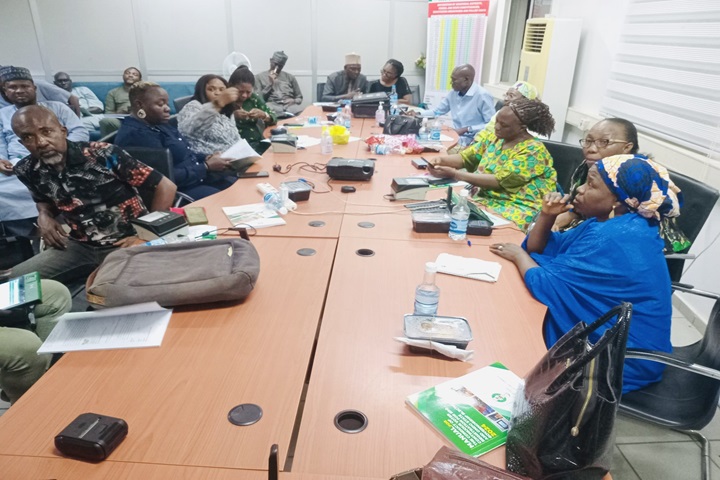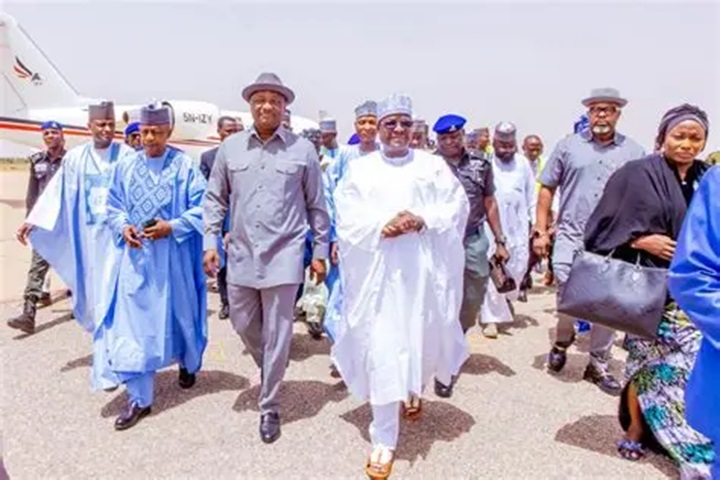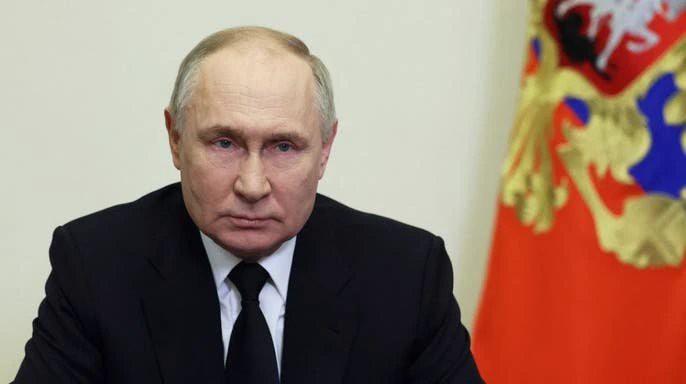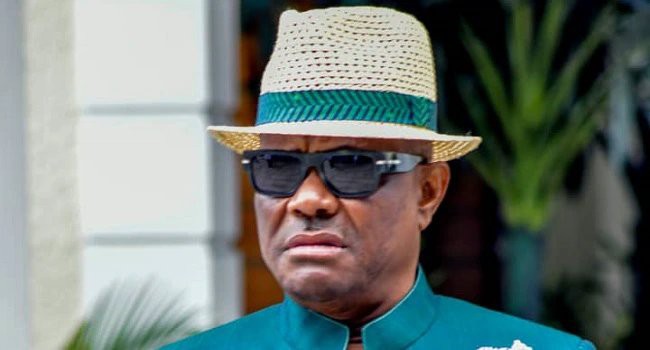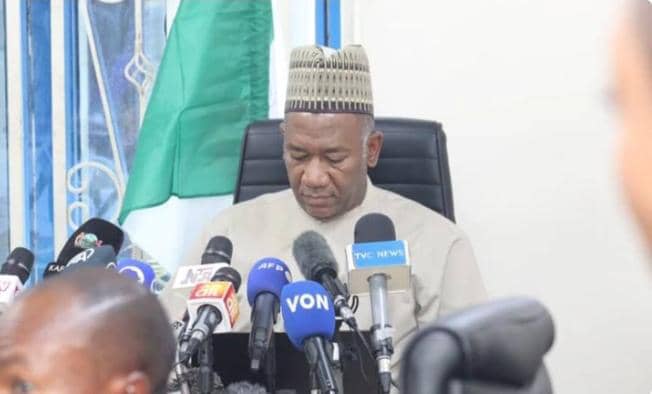News
JUST IN: Russia Makes History – First Nation to Recognize Taliban Rule
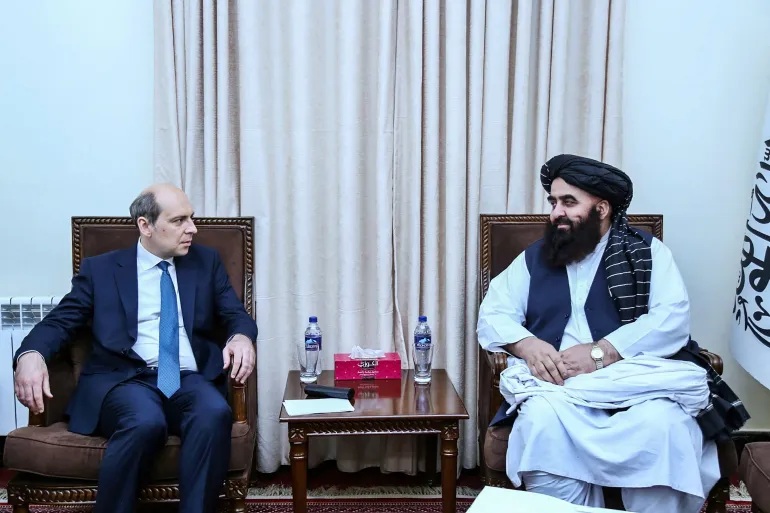
In a bold geopolitical move, Russia has become the first nation to officially recognize the Taliban as the legitimate government of Afghanistan.
The announcement, made by Russia’s Foreign Ministry on Thursday, July 3, 2025, marks a significant shift in international diplomacy and highlights Moscow’s evolving foreign policy strategies amid its isolation from the West.
“We believe that formal recognition of the Islamic Emirate of Afghanistan will pave the way for deeper, mutually beneficial cooperation across multiple sectors,” the Russian Foreign Ministry declared in its official statement.
The ministry emphasized that this step could bolster political, economic, and diplomatic relations between the two countries.
The Taliban, an Islamist militant group that regained control of Afghanistan in August 2021 after the chaotic withdrawal of U.S. and NATO forces, has been governing the country ever since.
Despite this, the group has struggled to gain legitimacy on the global stage due to widespread concerns over its governance, particularly regarding human rights, women’s rights, and its approach to terrorism.
Until now, no government had formally acknowledged the Taliban as the legitimate ruling authority in Afghanistan.
The group’s failure to uphold international standards, such as allowing women access to education and adhering to basic human rights—has left it diplomatically isolated.
Yet Russia’s decision could signal the beginning of a shift in how some global powers engage with the regime.
According to Russian state news agency TASS, President Vladimir Putin made the recognition official after consulting with Foreign Minister Sergey Lavrov.
The move appears to be part of a broader strategic pivot by Moscow.
It has increasingly aligned itself with authoritarian regimes since its 2022 invasion of Ukraine led to widespread sanctions and political estrangement from Western nations.
Over the past few years, Russia has ramped up engagement with the Taliban, forging economic and infrastructure partnerships.
Afghan representatives have frequently attended Russian-hosted forums focused on trade and education, underlining Moscow’s intent to normalize ties with Kabul’s new leadership.
In a significant legal step preceding this recognition, Russia’s Supreme Court recently suspended the existing ban on interactions with the Taliban.
Furthermore, in December 2024, Russia’s State Duma passed legislation opening the door for previously blacklisted groups to be delisted from its registry of terrorist organizations.
These developments suggest that recognition was not a spontaneous decision but a calculated diplomatic maneuver.
Russian leaders have increasingly used softer rhetoric when referring to the Taliban.
President Putin has called them “allies,” while Foreign Minister Lavrov has described the group’s leadership as “sane people.”
These terms mark a sharp contrast from the language historically used by Western governments and human rights advocates, who continue to criticize the Taliban’s harsh rule.
Despite Moscow’s outreach, the Taliban regime continues to implement draconian laws.
Women remain banned from most educational institutions, face severe restrictions on their freedom of movement, and are often subjected to brutal punishments, including public executions by stoning.
These practices have drawn widespread condemnation and remain one of the primary reasons other countries have refrained from recognizing the group.
Russia’s recognition of the Taliban may have far-reaching consequences.
It could embolden other authoritarian regimes to follow suit, potentially breaking the Taliban’s diplomatic isolation.
At the same time, it highlights the widening rift between Russia and Western democracies, as Moscow doubles down on building alliances with non-Western powers.
This move also underscores the Kremlin’s pragmatic approach to foreign policy, prioritizing strategic interests over ideological concerns.
With its global standing diminished due to the war in Ukraine and ongoing sanctions,
Russia appears increasingly willing to forge unconventional alliances to secure political leverage and economic opportunities.
As the world watches closely, it remains to be seen whether Russia’s recognition will spark a broader shift in international attitudes toward the Taliban.
For now, however, Moscow stands alone in legitimizing a regime still widely viewed as repressive and untrustworthy by much of the global community.
For Diaspora Digital Media Updates click on Whatsapp, or Telegram. For eyewitness accounts/ reports/ articles, write to: citizenreports@diasporadigitalmedia.com. Follow us on X (Fomerly Twitter) or Facebook




